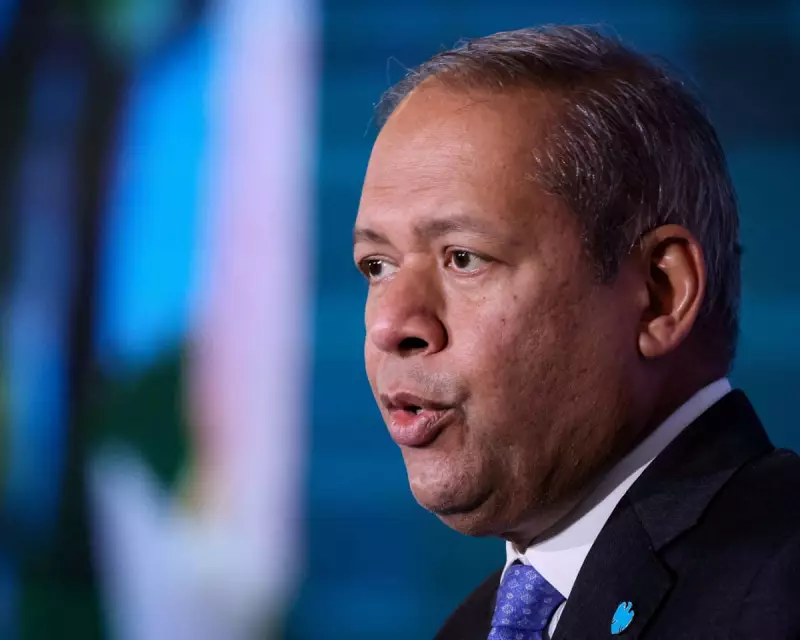
In a significant intervention into economic policy, Barclays Chief Executive C.S. Venkatakrishnan has publicly urged UK ministers to impose stricter limits on public sector pay rises. The banking boss warns that without restraint, the country risks fuelling persistent inflation and undermining broader economic stability.
The call for wage discipline comes amid ongoing tensions between the government and public sector unions, with many workers arguing that their pay has failed to keep pace with the rising cost of living. Venkatakrishnan, however, emphasises a broader macroeconomic perspective, positioning controlled wage growth as a crucial tool for managing the nation's finances.
A Argument for Fiscal Restraint
Venkatakrishnan, often known as Venkat, contends that generous public sector settlements can have a ripple effect across the entire economy. He argues that large increases can create upward pressure on wages in the private sector and make it significantly more difficult for the Bank of England to bring inflation down to its target of 2%.
"The focus must be on long-term stability over short-term gains," the stance suggests. "Sustained high inflation is a hidden tax on everyone, particularly the most vulnerable in society."
Balancing Act for the Government
The UK government now finds itself in a difficult balancing act. On one side, it faces immense pressure from nurses, teachers, and civil servants who have endured real-terms pay cuts for years. Industrial action across the NHS and other services has highlighted the depth of discontent.
On the other side, ministers are grappling with high public debt and a mandate to control spending. The Barclays CEO's comments provide heavyweight support for the latter argument, advocating for a firm approach to the public purse strings.
Potential Implications and Reactions
This advice from a leading figure in the financial world is likely to prove controversial. Trade unions have consistently argued that the blame for inflation lies with corporate profiteering and global energy shocks, not the pay demands of essential workers.
They are expected to criticise the intervention, framing it as an example of the banking sector being out of touch with the financial struggles of ordinary households. The government's response to this high-profile advice will be closely watched as it prepares its future spending plans.





